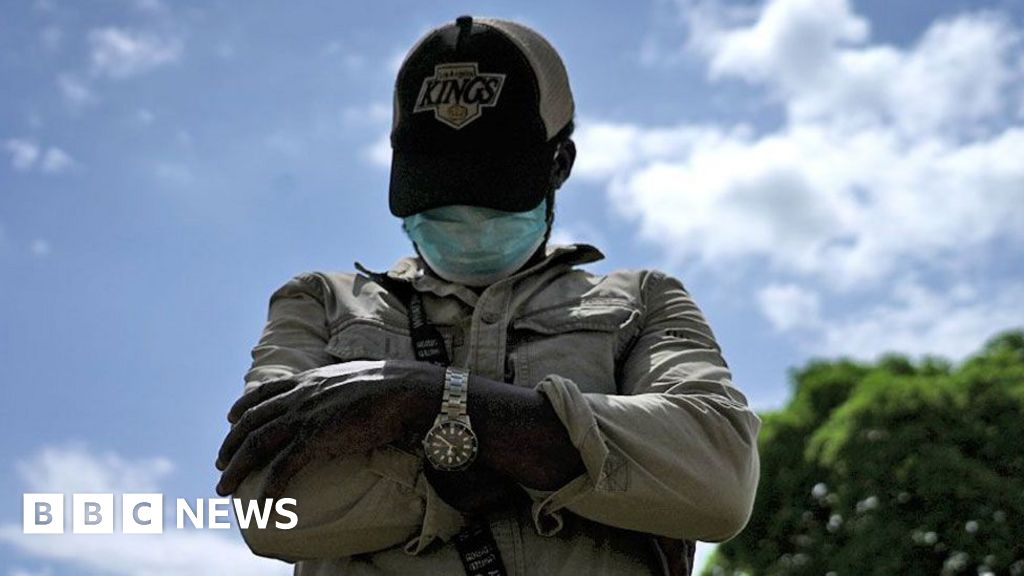James, a man from Ghana, shared with the BBC his harrowing experience of being seized at gunpoint by jihadists in Burkina Faso and taken to their desert camp. He gained insights into their lives, from children trained as suicide bombers to the tunnels they dug for protection. In his first media interview since the ordeal in 2019, James, whose real name is being protected, recounted his terrifying first day at the camp as Islamist fighters returned from an operation. He was eventually released after two weeks of captivity when he begged for freedom, claiming to have a sick child at home. The insurgents had attempted to recruit him by promising power and weapons, but James never fulfilled his promise of becoming a recruiting-sergeant in Ghana.
Ghana, a stable democracy, has so far been spared the violence seen in neighboring countries like Burkina Faso, where jihadist groups like JNIM operate. These groups have expanded their reach, causing thousands to flee into northern Ghana to escape the conflict. JNIM has also attempted recruitment efforts in Ghana, targeting minority Muslim communities. Despite these threats, Ghana has been working to prevent the spread of insurgency by collaborating with regional and international partners. The country has received aid packages to enhance border security and intelligence capabilities, as well as support from the European Union in the form of armoured vehicles and surveillance equipment.
James’ story highlights the dangers faced by civilians and refugees crossing the Ghana-Burkina Faso border, despite the security risks. His encounter with jihadists serves as a reminder of the ongoing threat posed by extremist groups in the region.

